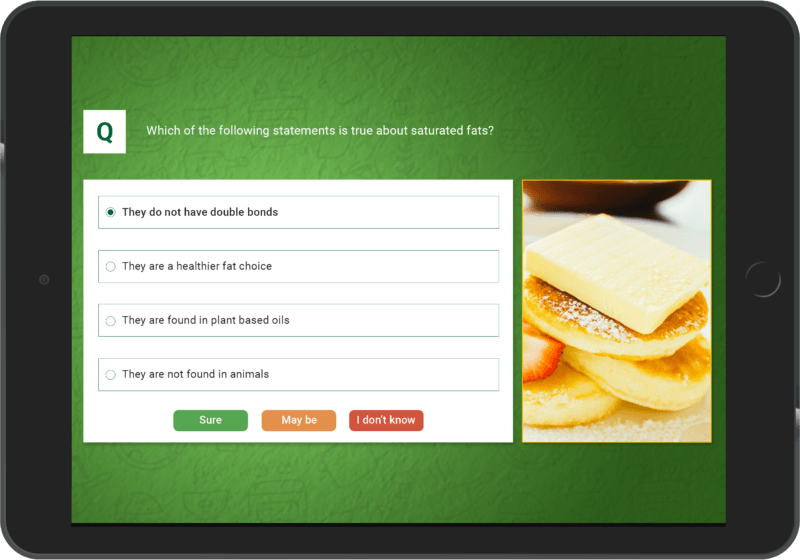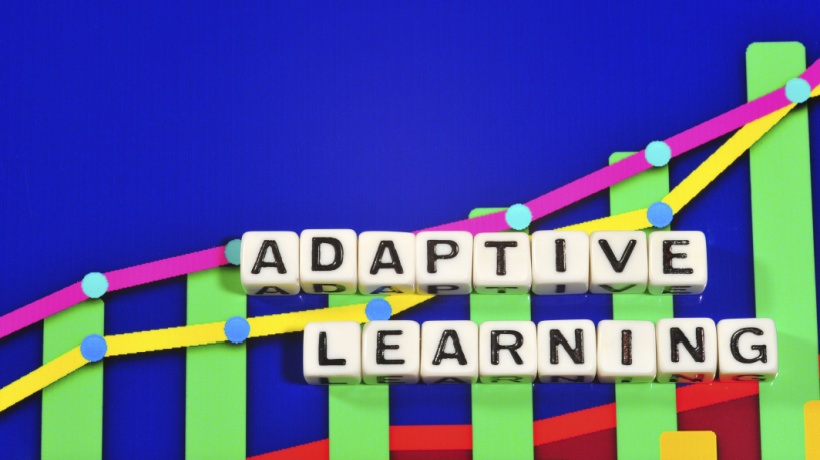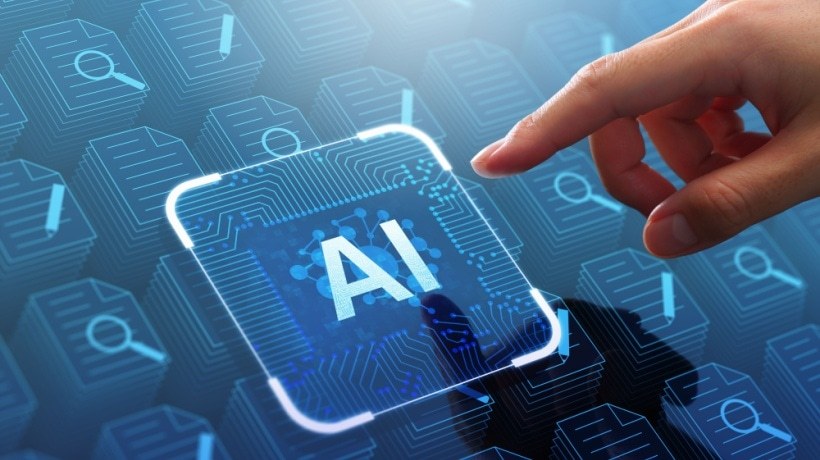Adaptive Learning In Corporate Training: 6 Benefits You Should Know About
The learning industry has seen rapid advances with the introduction of newer modes of training, such as Augmented and Virtual Reality. Furthermore, we have seen a rapid growth of gamification as an important method of imparting training. Despite all these innovations, L&D professionals or learning designers still talk about the issues of learner retention. Very little has changed over the last few decades on how to keep learners motivated for learning. How can we train employees and increase their skill levels effectively? It is imperative for L&D to evolve and use a learning solution that works.
L&D managers should desist from using solutions that are appealing yet unproven in their effectiveness. Instead, they should try adaptive learning in corporate training. Adaptive learning is increasingly being used by learning professionals, as it helps organizations provide personalized training to their employees. Before we delve deeper, let’s first understand adaptive learning.
Overview Of Adaptive Learning
One size does not fit all. Adaptive learning is a methodology that is used to implement learning that suits the needs of a learner or, in other words, adapts to confidence as well as the understanding of the learner.
Consider a standard eLearning course that has course content and elements. In a standard learning practice, learners login to the LMS, go through the course and answer the questions that follow on the concepts. If they answer the question correctly, they go to the next topic. If they are unable to do so, they are asked to re-attempt the quiz.
In a standard learning path, all the learners have a similar experience of the course. They go through the same screens and answer the questions.
Adaptive learning, on the other hand, does not adhere to the standard flow. Learners in an adaptive learning course might all start with the same content or video, but based on their answers and confidence levels while answering the questions, the platform feeds them only relevant content they need to master rather than all the content. So basically,
"Adaptive learning is a technology-based system that analyzes a learner’s performance in real time and modifies teaching methods based on that data."
Here is an example of a confidence-based assessment.

Adaptive Learning In Corporate Training And Its Benefits
Adaptive learning in corporate training is the future of employee training. Adaptive learning provides methods and learning paths that are unique to each learner. Furthermore, through inbuilt efficiencies, adaptive learning helps the organizations to meet their business and training goals.
Here are 6 advantages of using adaptive learning in corporate training explaining how it can elevate corporate learning.
1. One-To-One Instruction
Adaptive learning helps in providing focused attention on an individual. Current eLearning methods do fall back when it comes to providing personalized feedback. Adaptive learning technology uses algorithms to accustom itself to the learner needs to be based on the tasks and responses. This, in turn, emulates one-to-one instruction, which is necessary in today’s corporate world.
2. Greater Time Efficiency
Adaptive learning helps learners to spend half the amount of time that they take in a standard course if they have a clear understanding of the concepts. A "personalized approach" is what helps learners to achieve the same. The important point here is that learners need not go through the content which they are already aware of. Instead, they focus on the content that helps them become more competent. Thereby, helping the employees save humongous time off the floor just for training. Thus, adaptive learning in corporate training helps organizations build better training.
3. Confidence-Based Approach
Adaptive learning utilizes a confidence-based assessments methodology to test the current understanding of the learners. Learners are asked to answer questions on content they claim to be confident about. This approach is very useful in knowing what the learners are consciously or unconsciously aware of, and hence is an indirect method of providing personalized feedback and learning.
4. Create Individualized Learning Paths
Adaptive learning platforms collect data as the learners progress through the modules. This data is then used to help personalize goals, learner content and an effective learning path for each learner. The data stored also helps to regulate the training, so they meet the needs of learners.
The adaptive learning platform’s ability to track the performance of an employee in his or her "skill" also provides HR managers a scale of measurement of whether the employee is ready for a promotion. Thus, adaptive learning in corporate training helps learners advance faster in achieving their goals.
5. Personalized Learning For A Heterogeneous Group
Adaptive learning is ideally suited for a group of learners that are diverse. Adaptive learning is tailored to all types of learners, whether they are beginners, intermediate, or advanced in their understanding of the concepts.
6. Provides Focused Remediation
Instead of wasting time over-studying topics learners have mastered or under-studying concepts they haven’t yet grasped, adaptive learning in corporate training helps learners focus on areas of weakness with efficient remediation.
Conclusion
Adaptive learning in corporate training solves pressing challenges that organizations and learners face by custom-tailoring the learning paths continuously and creating individualized learning paths.
Adaptive learning is here to stay and will be increasingly adopted to foster better learning outcomes and retention of learning, as well as better application to the job.
Learn more about how Tesseract Learning specializes in adaptive learning, and how they can work with your team in personalizing the training to your learners.










